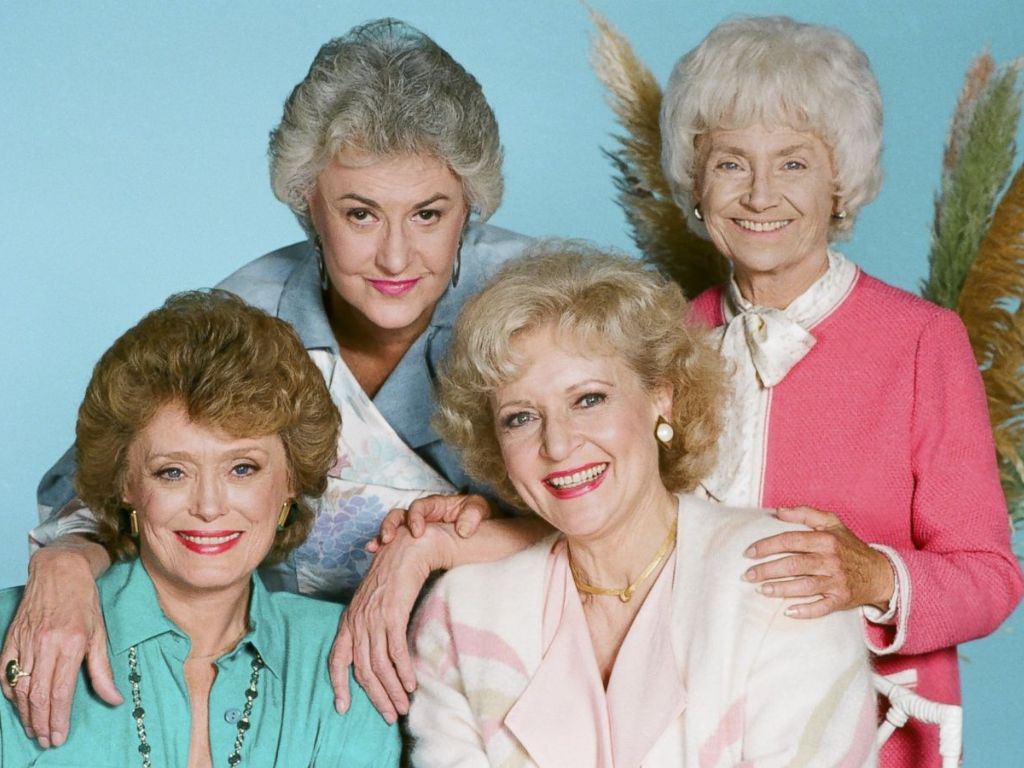How Hair Changes With Age
Aging is inevitable (if we’re lucky) and with that comes more than just wisdom and wrinkles. Our hair also undergoes many changes as we age that go well beyond the gray. Understanding how hair transforms as we age means we can also learn effective ways to care for it to maintain healthy, beautiful hair throughout the years. As always, we're here to be a pal and a confidant, so let’s dig in!
How Hair Changes with Age
Graying Hair
One of the most noticeable changes is the graying of hair. Hair color is determined by the pigment melanin, produced by cells called melanocytes. As we age, melanocyte activity slows down and eventually stops, leading to gray or white hair.
Thinning Hair
Hair density often decreases with age due to a reduction in the size and number of hair follicles. This process can lead to overall thinning hair. Factors like hormonal changes, particularly during menopause in women, and genetic predisposition also contribute to thinning hair.
Texture Changes
Aging hair can become coarser, drier, and more brittle. The scalp produces less sebum, the natural oil that keeps hair moisturized, resulting in dryness and a rough texture. Additionally, the hair’s cuticle layer can become more porous, causing frizz and dullness.
Slower Growth
The rate of hair growth tends to slow down as we age. This is due to a decrease in the activity of hair follicles and a prolonged resting phase (telogen phase) of the hair growth cycle.
Caring for Aging Hair
Moisturize Regularly
As the scalp produces less oil, it’s important to keep hair hydrated. Use moisturizing shampoos and conditioners designed for dry or mature hair. Incorporate deep conditioning treatments or hair masks weekly to maintain moisture levels.
Gentle Handling
Handle your hair with care to prevent breakage. Use a wide-toothed comb to detangle wet hair, and avoid excessive brushing. Opt for hairstyles that do not pull tightly on the hair, as this can cause stress and damage to the follicles.
Balanced Diet
A diet rich in vitamins and minerals supports hair health. Ensure you consume enough protein, as it’s a key component of hair structure. Vitamins such as biotin, vitamin D, and omega-3 fatty acids can also promote healthy hair.
Regular Trims
Regular trims help manage split ends and keep hair looking healthy. Even if you are growing out your hair, trimming every 6-8 weeks can prevent damage from traveling up the hair shaft.
Minimize Heat and Chemical Treatments
Reduce the use of heat styling tools like blow dryers, curling irons, and straighteners. If you do use them, always apply a heat protectant. Limit chemical treatments such as coloring, perming, and relaxing, as these can further dry out and damage aging hair.
Scalp Care
A healthy scalp is essential for healthy hair. Gently massage your scalp to stimulate blood circulation, which can promote hair growth. Use a gentle, sulfate-free shampoo to avoid stripping natural oils from your scalp.
Protect from Environmental Damage
Shield your hair from environmental factors like sun exposure, wind, and pollution. Wear a hat or use hair products with UV protection when spending extended time outdoors.
Consider Supplements
If you struggle to get all necessary nutrients from your diet, consider supplements. Biotin, collagen, and omega-3 fatty acids are popular choices that can support hair health.
Professional Advice
If you notice significant hair loss or changes in hair texture, consult with a dermatologist or trichologist. They can provide personalized advice and treatments tailored to your needs.
While it’s natural to focus on the changes and challenges that come with aging hair, it’s also important to embrace and celebrate them. Today, gray hair is in with Gen Z folks dying their hair gray, and can often be more easily managed, and look great with the right cut and styling techniques. Aging is an inevitable process, but with understanding and the right care, you can continue to feel great about your hair at every age.

